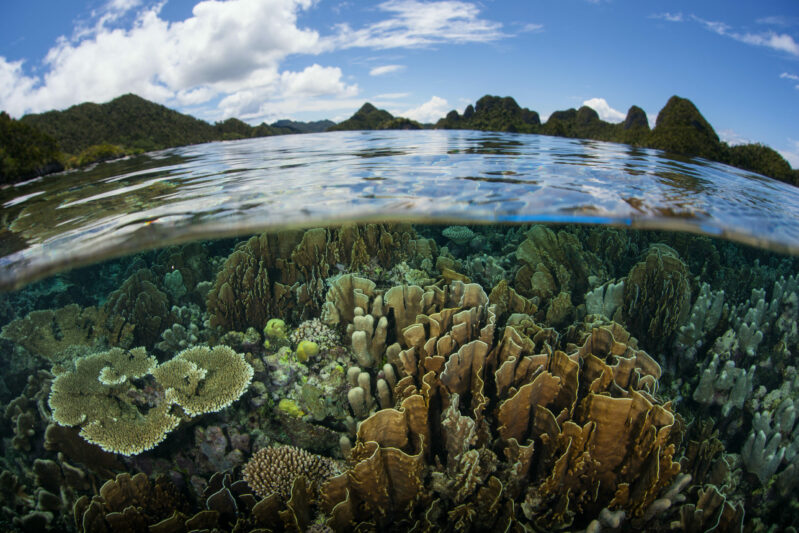
LifeWatch ERIC CEO Christos Arvanitidis has welcomed the release today, 20 May 2020, of the ‘European Biodiversity Strategy for 2030′, a blueprint that sets out targeted actions to preserve and restore European ecosystems in recognition that humanity’s relationship with nature is much in need of repair.
Recognising that climate change, unprecedented decreases in wild species populations and the recent pandemic are the result of unsustainable human activity, the strategy will dedicate €20 billion to restoring degraded ecosystems, increasing protected forest and wetland areas, and creating green spaces in cities to achieve the climate change mitigation that is needed by 2030.
The strategy will support recovery in a post-pandemic world by restoring biodiversity for the benefit of people, climate and the planet, on the basis that nature not only provides the food we eat, the water we drink and the air we breathe, but accounts for over half of global Gross Domestic Product. It is central, in fact, to the European Green Deal for sustainable prosperity.
Specific targets include establishing protected areas for 30 percent of land and sea in Europe; restoring degraded ecosystems, increasing organic farming and biodiversity-rich landscape on agricultural soils, halting and reversing the decline of pollinators, reducing the risk and use of pesticides by 50 percent, restoring at least 25,000 km of EU rivers to a free-flowing state, and planting three billion trees by 2030.
“It is essential to reverse the decline of the biodiversity that is essential for life,” said Dr Arvanitidis. “It is clear that biodiversity loss, ecosystem degradation and the climate crisis are organically connected and this is where LifeWatch ERIC can play a pivotal role in supplying evidence-based synthetic knowledge and nature-based solutions to societal challenges, not only for decision-makers in government, but also to ordinary citizens. To achieve this goal, LifeWatch ERIC offers facilities, open data, web services for reproducible analytics and a vast network of scientists all over Europe. We all have our part to play in turning this around”.
All these points are of a key importance also in economic terms, as biodiversity loss and ecosystem degradation have clear economic and social costs cost. More than half of global GDP – about €40 trillion – depends on nature, and its restoration is part of the EU’s recovery plan from the coronavirus pandemic. New opportunities for business and growth will arise in sectors like construction, agriculture and food and drink, which could produce, according to the European Commission’s estimation, up to 500,000 jobs.
The new biodiversity strategy will make the EU a true leader in addressing the global biodiversity crisis, and in global negotiations at the UN Convention on Biological Diversity in Kunming, China, in October 2020.
Documents: